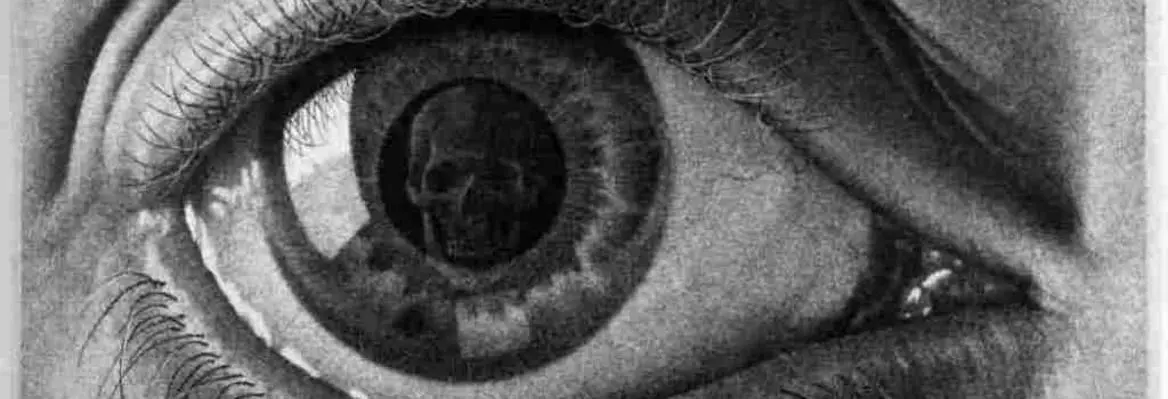It is well known that in his masterwork, Difference and Repetition, Gilles Deleuze argues for extending the concept of ‘true’ with the concept of ‘interesting’. It is less well known, but perhaps more important, that he claims we should not confuse the real with the actual. Instead, we must expand the real to include the virtual, which can be understood, initially, as latent abstract potential, where abstract means potential not strictly associated with a given actual thing and its known effects.
There are fairly accessible intuitions we can follow to grasp what he is getting at. Many truths are of no obvious interest at all. I just took a sip of coffee, dear reader. On the other hand, there are propositions and ideas which catch our attention and initiate important actions. They want the Greek government to fail.
The actual potential power of an engine can be calculated in relation to valve areas and engine displacement. This gives us an accurate figure in horsepower. There are other types of potential, though. For instance, there can be a change in how we envisage much wider effects when a new engine type appears, such as hybrid power plants with energy regeneration. This can be seen in the panic a car manufacturer senses when stuck with old technology. Find out how they do it and fast! What they sense is a change in virtual potential. The new discovery is making them history and drawing up new futures without their products.
My use of ‘strictly’ in the first paragraph can now be understood. A new engine, or scientific discovery, a new love, a birth or death, a new art work have actual possibilities – strict potential – but this does not account for their full potential. We are excited by them, or see worlds fall apart around them, because they express something more. This thing is virtual potential. It is not a set of known worlds but rather a shift in the intensities associated with as yet obscurely sensed ideal directions.
For example, a new drug discovery can have an actual potential, such as blocking the action of adrenaline in a specific way. This actual effect is only a small part of the interest and potential of an exciting discovery, though. We feel there is much more to it. The sensation and the enthusiasm beyond the measured actual effects are an expression of wider but more obscure horizons, such as a world with much better treatment for many different types of heart attacks.
Scientific discoveries, as confirmed through the peer review system, are all ‘true’ in the tautological sense of having come through review. They are not all interesting. Indeed, many of them are utterly uninteresting, in the sense of not generating a charge of excitement and the drive to pursue more research. That’s the tragedy befalling scientists who find themselves in a research backwater. What they are doing is true, but it is also boring. If only I had done my PhD on beta blockers…















Join the conversation